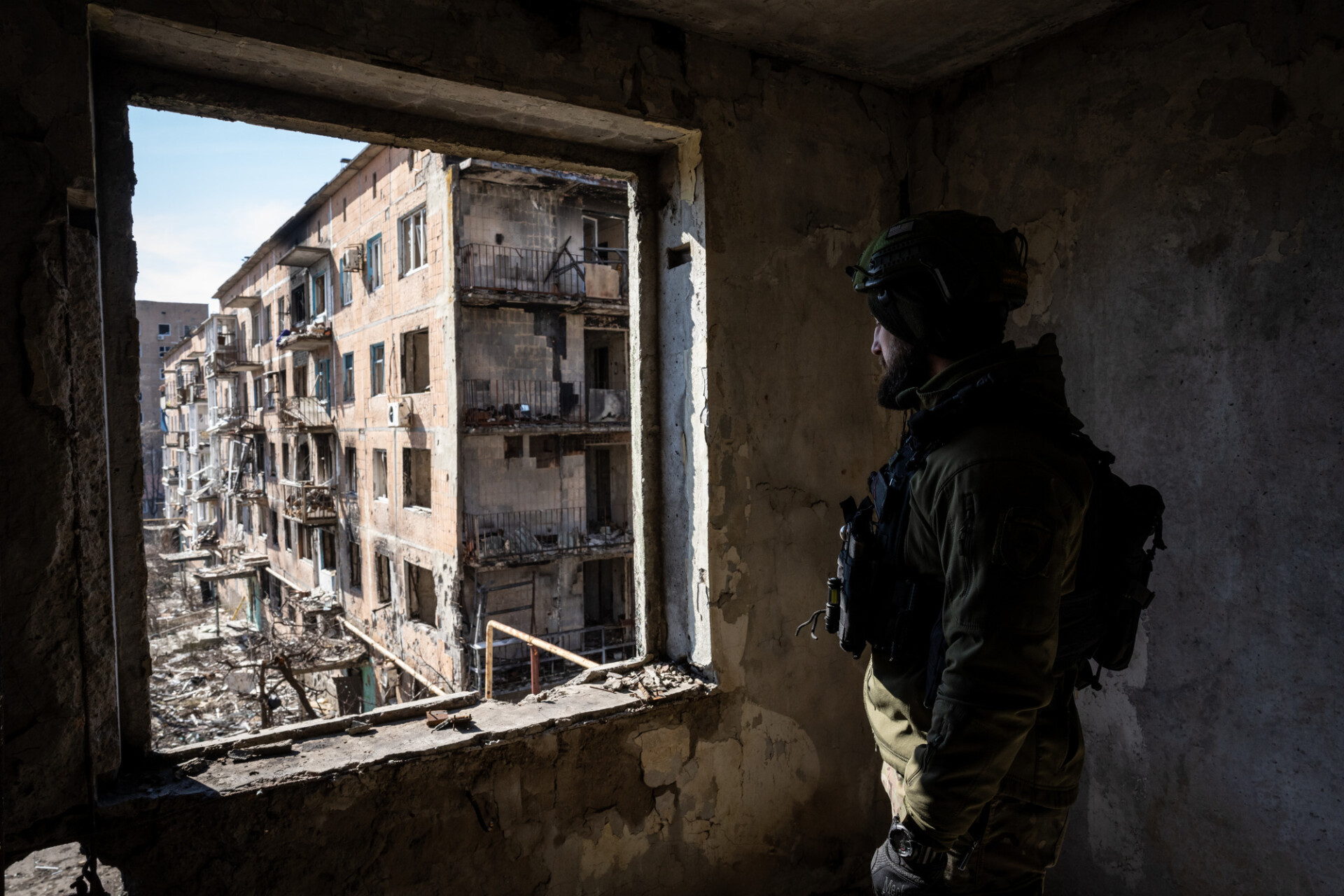“Vuhledar” means “gift of coal” in Ukrainian, a name bestowed on the Donetsk city in 1969 to reflect its status as a mining centre. However, Vuhledar is now a gift to the Russians. This week, Ukraine’s military command admitted that it had ordered its forces to withdraw, while Moscow has confirmed that the city is now under its control.
The headline-hitting retreat will of course further sap Ukrainian morale. Moscow has taken what it once regarded as one of Ukraine’s toughest fortresses: Vuhledar’s uphill position and strong fortifications had allowed Kyiv to stubbornly defend it for over two and a half years and ensured that Russia’s two past major offensives proved humiliating setbacks accompanied by high losses of men and equipment. There is also the personal embarrassment to Ukrainian President Volodymyr Zelensky that, while he was recently in America touting his “victory plan” to US officials, the signs coming from Vuhledar were only of approaching defeat.
However, the seizure of Vuhledar constitutes a greater bruising to Ukraine than merely to its President’s ego. A supply hub, the city’s position on elevated ground at the intersection of the eastern and southern fronts made it a useful vantage point from which Ukrainian forces could shell Russian military supply lines. It should also serve as a warning as Ukrainian forces brace for a battle for the highway and rail hub of Pokrovsk. Regarded by Moscow as vital for incorporating all of the Donetsk Oblast, the city of Pokrovsk possesses important industrial facilities and its seizure would severely disrupt Ukrainian supply lines along the eastern front, as well as evacuations of wounded soldiers. “If we lose Pokrovsk, the entire front line will crumble”, Ukrainian military expert Mykhaylo Zhyrokhov recently warned.
As for Moscow’s current victories, Vuhledar is not in itself that valuable a gift for the Russians. Having controlled most of the main roads leading from Vuhledar for weeks, capturing the city offers Moscow no new logistical advantages. What’s more, conquering forces will now have to endure the perilous and time-consuming task of clearing Vuhledar of mines and heavy ordnance before it can become a useable position.
While Russian troops may have found it tricky getting into Vuhledar, getting out may prove difficult as well. Accessing nearby roads leading to other frontline areas will mean crossing large tracts of open fields just as the rainy season begins. Indeed, Igor Kimakovsky, Advisor to the Head of the Donetsk People’s Republic, admitted this week that mud will soon render a road out of Vuhledar unusable. Even if Russian forces manage to overcome the treacherous terrain, they will have to wage further battles against such heavily fortified towns as Kostyantynivka, Selydove and Kramatorsk if they are to make progress in the north and north east.
Then there is the cost of taking Vuhledar. Moscow’s losses in the city are believed to stretch into the thousands. In contrast, Ukrainian forces reported being permitted to withdraw when they did so as to preserve men and weapons, avoiding a Russian encirclement that would have claimed many more of their soldier’s lives.
The loss of Vuhledar itself is therefore unlikely to have any significant impact on either side’s battlefield fortunes. However, perhaps what its capture reveals most is the momentum on Moscow’s side at this stage of the war, as Kyiv grapples with its endemic manpower and weapons shortages: Ukrainian troops estimated that the Russians were outnumbering them by seven to one at Vuhledar, commanders have complained of new recruits “freezing” in the face of Russia’s onslaught, and Moscow has taken advantage of these issues to gain as much territory in the first half of 2024 as it did in the whole of 2023.
This latest defeat is symbolically painful for Ukraine, but losing more strategically vital towns such as Pokrovsk could spur further Russian advances. It will be a long winter for Zelensky and his men.











Join the discussion
Join like minded readers that support our journalism by becoming a paid subscriber
To join the discussion in the comments, become a paid subscriber.
Join like minded readers that support our journalism, read unlimited articles and enjoy other subscriber-only benefits.
Subscribe